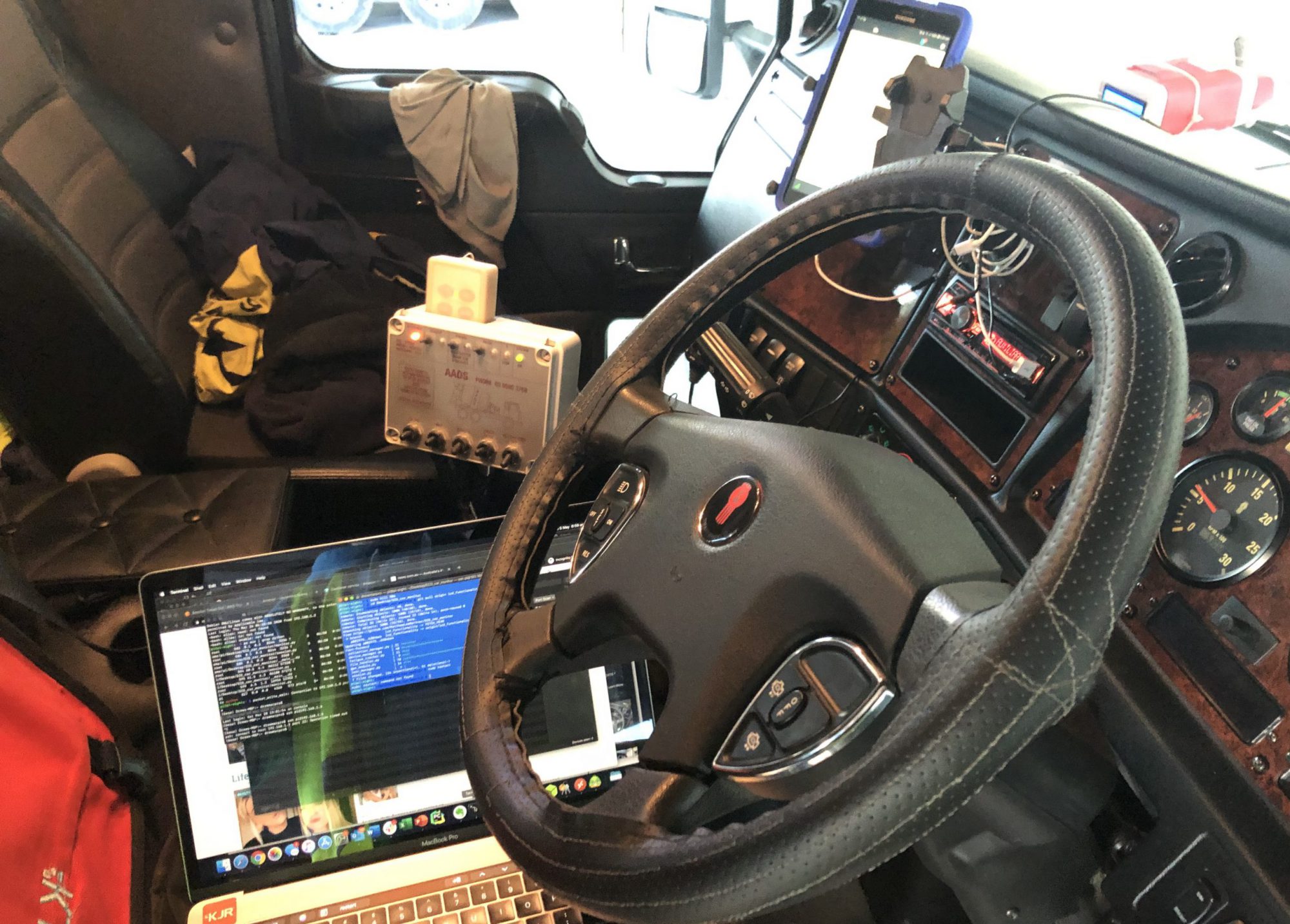This week’s FatigueM8 Friday comes to you following a trip to far North Queensland. Augmented-Intelligence (makers of FatigueM8) were part of a event held at the Smart Precinit North Queensland (SPNQ) created by our partners KJR Australia. The event titled “Event: How AI is Advancing Workplace Health and Safety” saw presenters from James Cook University, Sparta Science, Cernova Neuroscience and Augmented-Intelligence share their insights and research findings related to Artificial Intelligence (AI) and Machine Learning (ML).

The performance of athletes and employees have more physical indicators in common than we might expect. So how can technology that has traditionally been used to monitor athlete health and performance be transferred to employees across a range of industries to ensure their health and safety?

The event was created to coincide with Far North Queensland hosing the 2020 edition of the Womens National Basketball League (WNBL). KJR Australia is a proud sponsor of the University of Canberra Capitals (UC Caps) and managed to find a four (4) day gap in their hectic schedule to co-host the event.



Our co-founder Andrew had dual hat’s on for the day, representing both KJR Australia and Augmented-Intelligence. The event gained significant media attention with the ABC interviewing Dr, Richard Franklin from James Cook University and WIN News interviewing Andrew. The news story aired on the nightly news around Queensland.
The full event recording will be available soon (watch this space).
You maybe wondering how FatigueM8 is connected with the AI and workplace health and safety? Well, our FatigueM8 system uses Artificial Intelligence (AI) and Machine Learning (ML) to analyse the Electrocardiograph (ECG) observations recorded from our drivers. After collecting the samples, which are continually recored when ever the driver has two hands on the steering wheel, looking for signs of Fatigue firstly and secondly looking for signs of other cardiovascular disease or abnormalities. The ECG equipment we use at the core of our system is hospital grade, FDA approved ECG and that allows for detailed analysis of the samples. After the installation of the FatigueM8 system we set the system into Baseline mode and observe the drivers. Once the baseline is created, we’ll then start to assess the drivers physiological state and actively alert if we detect, or predict a fatigue event based on the ECG observations.
Watch out for the next installment where we head from Townsville 900kms inland to Mount Isa to commission our 4th FatigueM8 unit, quite fittingly into a Quad Trailer road train!
Until next time, stay safe.

